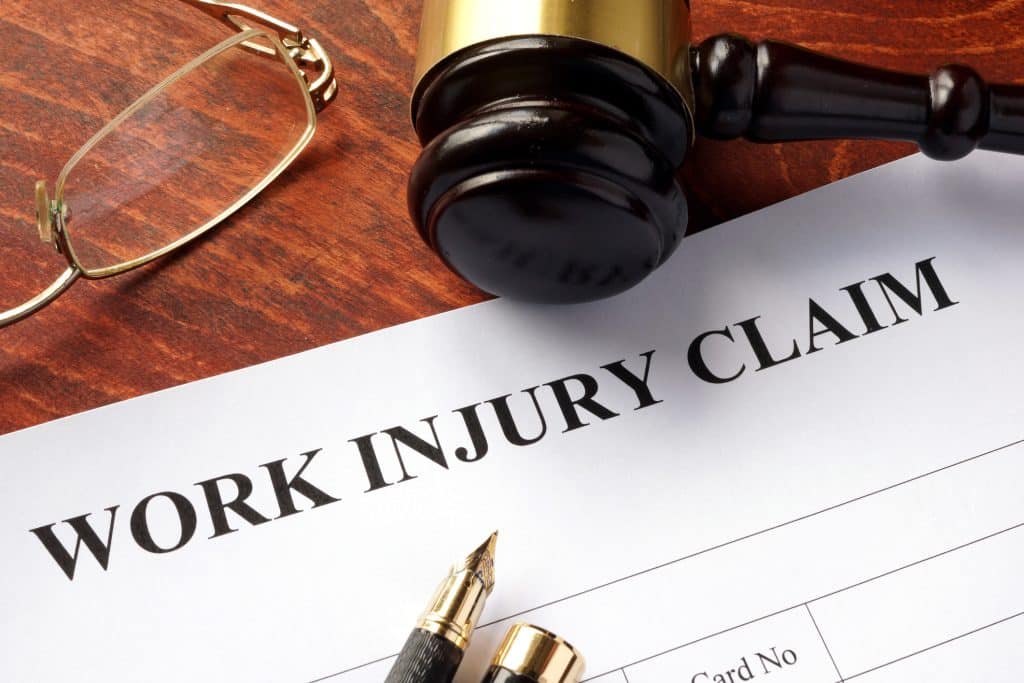
If you’re a Washington state employee and you get injured on the job, one acronym you’ll hear a lot is L&I — short for the Washington State Department of Labor and Industries. But what exactly does L&I do, and how can workers navigate the state’s workers’ compensation system?
Let’s break it down in clear terms — and cover when it may be smart to consult a workers’ compensation attorney.
What Is L&I?
The Washington State Department of Labor and Industries is the agency responsible for workplace safety, wage protections, and workers’ compensation claims. If you’re injured or develop a work-related illness, L&I is the body that processes your claim and provides benefits such as medical treatment, lost wages, and retraining support.
Most employers in Washington pay premiums to L&I to cover this insurance, while others operate as self-insured, managing claims in-house.
How Workers’ Compensation Works
Here’s how a typical L&I claim unfolds:
- File Your Claim
As soon as an injury happens, the worker should file a claim — either through a provider, online, or by calling L&I. For self-insured employers, the claim must go through the employer’s system.
- L&I Reviews the Claim
The agency assesses whether the claim qualifies for benefits and sends notice of approval or denial.
- Benefits Are Determined
Depending on the nature of the injury, workers may receive:- Medical care and prescriptions
- Time-loss compensation (wage replacement)
- Loss of earning power (LEP) benefits
- Permanent Partial Disability (PPD) awards
- Vocational retraining
- Disability pensions (for serious, long-term injuries)
- Ongoing Claim Management
L&I (or your employer, if self-insured) will continue to monitor your recovery. You may be scheduled for one or more Independent Medical Exams (IMEs) to evaluate your progress.
Common Problems in the Claims Process
Unfortunately, not every claim goes smoothly. Many injured workers report issues like:
- Claim denials or delays
- Disputes over medical treatment
- Disagreements with IME outcomes
- Underpayment or miscalculation of benefits
- Pressure to return to work too soon
When to Consider Legal Help
While some straightforward claims don’t require legal help, complications are common — especially if your claim is denied, delayed, or undervalued. That’s when a Seattle workers’ compensation lawyer can make a real difference.
An experienced attorney can:
- File appeals or protests
- Handle communication with L&I or self-insured employers
- Ensure accurate documentation and medical evaluations
- Fight for fair PPD awards and wage replacement
- Represent you at hearings or mediation
If your employer is self-insured, legal representation is often even more critical — because cost-cutting measures can result in unfair treatment of claims.
What To Do If You’re Injured at Work
If you’ve been hurt on the job in Washington, take the following steps:
- Report your injury to your supervisor immediately.
- Seek medical care and let the provider know the injury is work-related.
- File your L&I claim as soon as possible.
- Keep detailed records of your symptoms, missed work, and interactions with doctors or claims managers.
- Speak with a workers’ compensation attorney if your claim is denied or your benefits are reduced.
Final Thoughts
Washington’s L&I system exists to help injured workers — but it doesn’t always work in your favor. Knowing your rights and having the right support can protect your health, your income, and your future.
For workers dealing with complex L&I claims, delays, or denials, consulting a knowledgeable legal team is often the smartest move.




